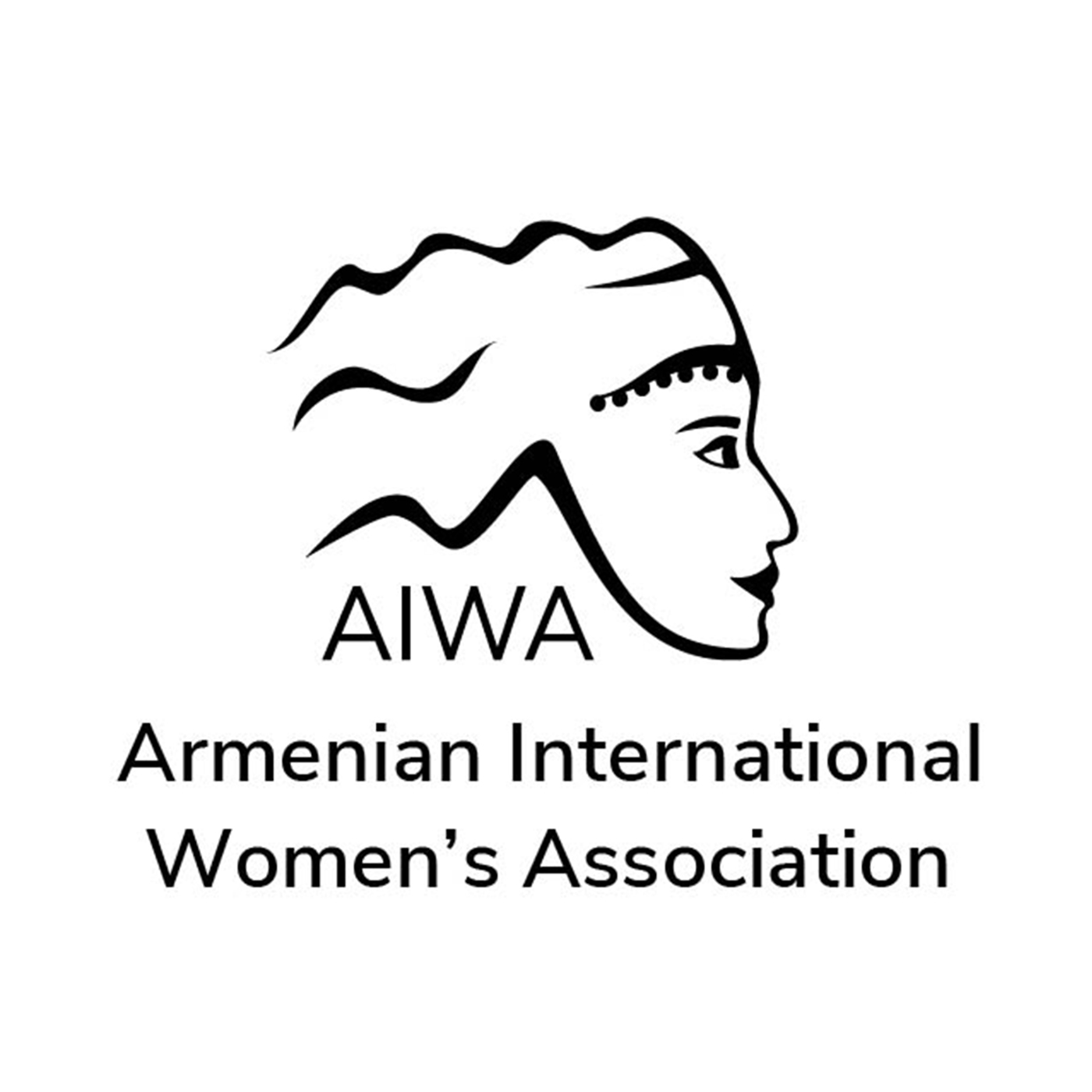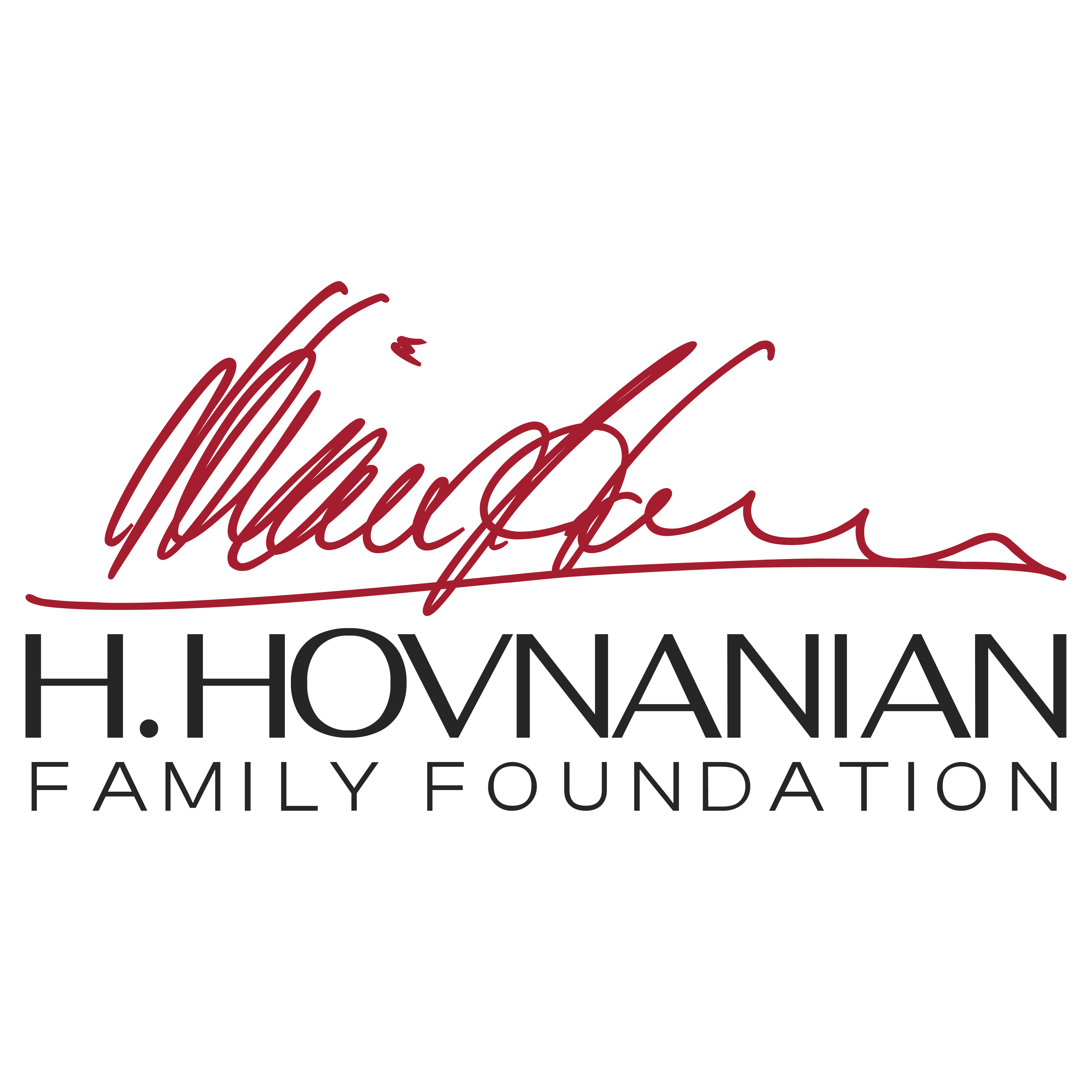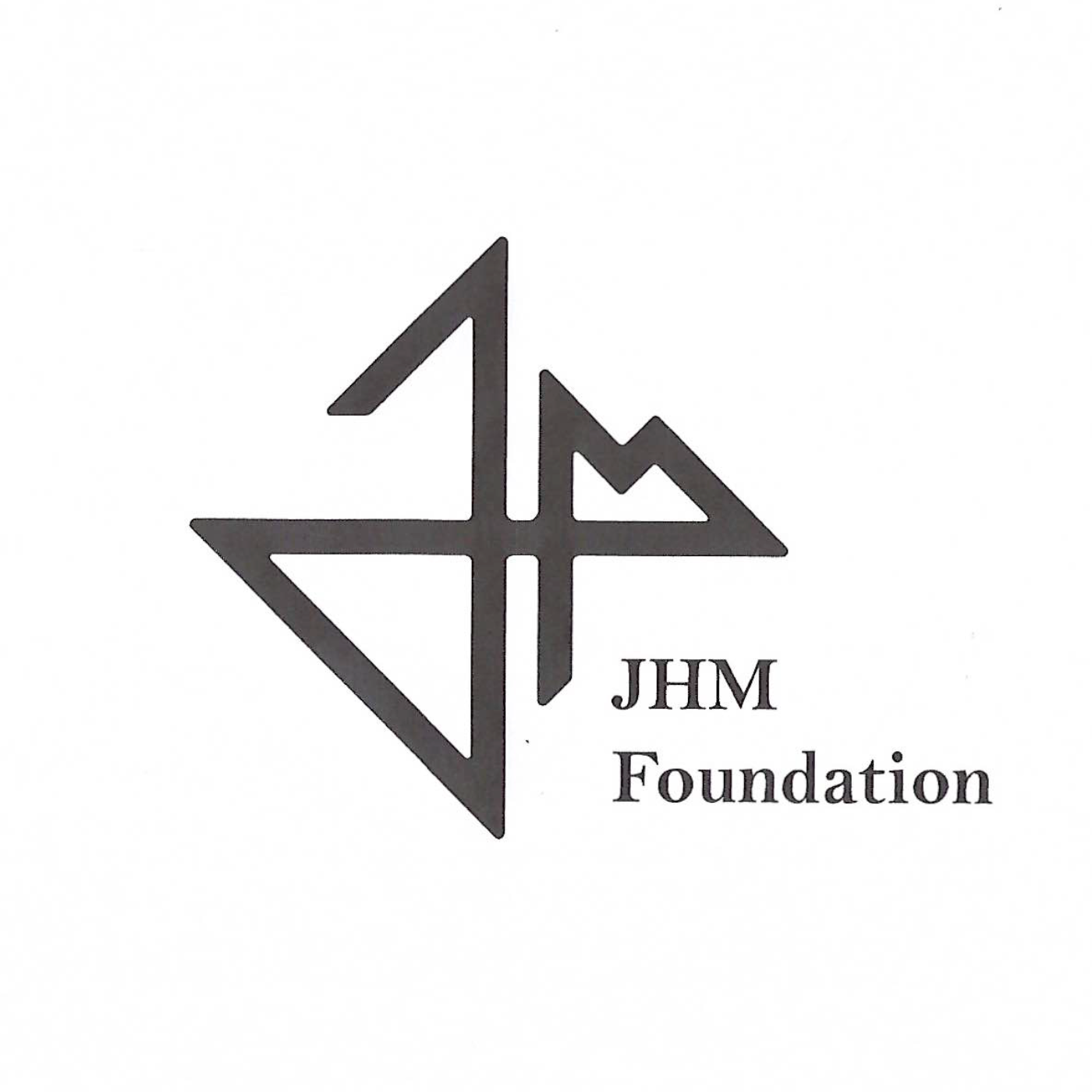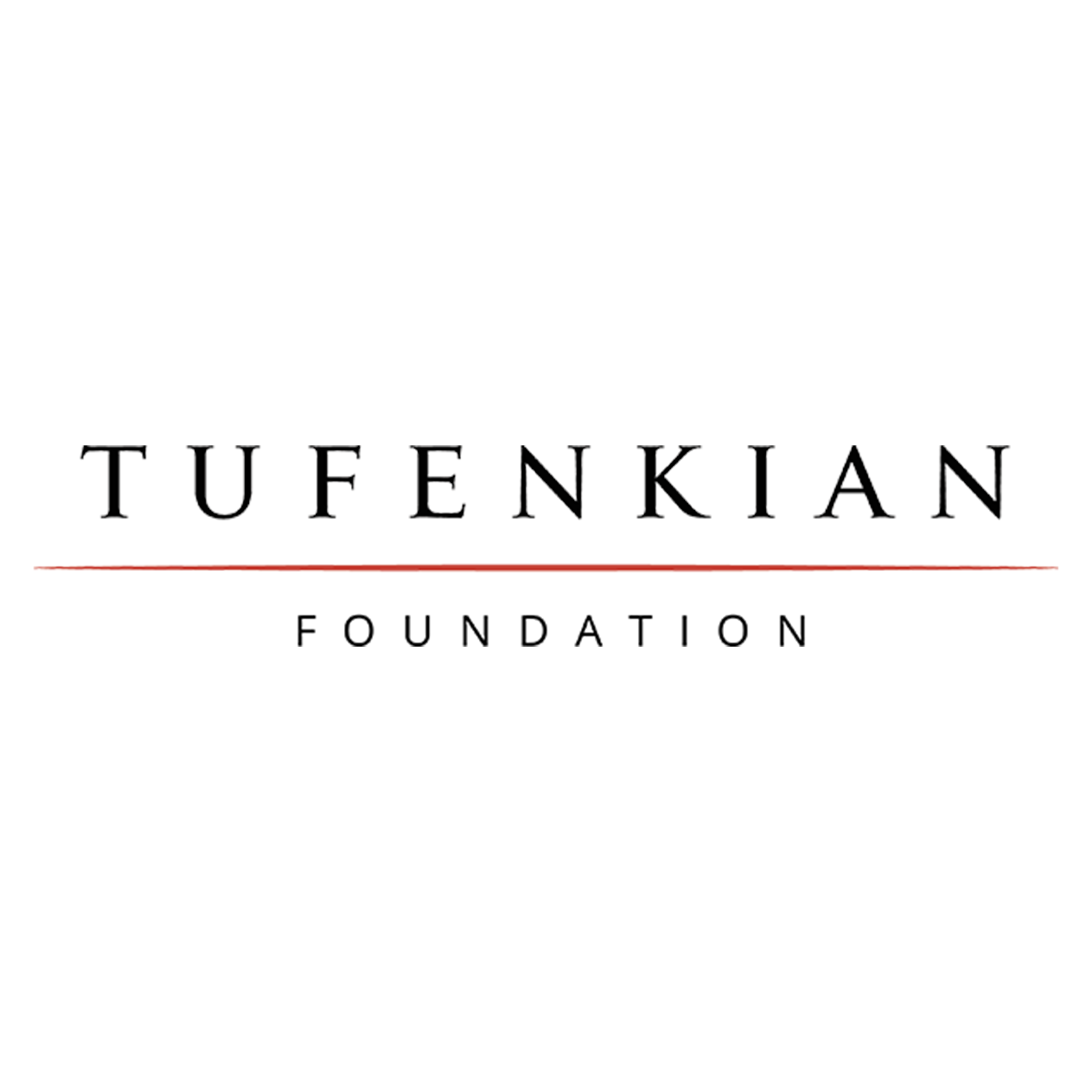About DV
It may be hard to recognize abuse within a lesbian or gay relationship or abuse perpetrated by a heterosexual person
against an LGBT individual, making it more difficult for them to seek help. Because Armenian society is not tolerant
of LGBT people, those in LGBT relationships who are being abused face extra challenges. Abusers may threaten to out
a victim, saying things such as, “Do this or I’ll tell your father/boss that you’re gay".
They might also threaten
them with their compromised position in society by saying something akin to, “No one is going to help you because
you are trans." LGBT people who are not accepted by their families may not have much choice about where they live.
Abusers may use this against them and threaten, “You can’t leave me because there aren’t any other gay people in our
village" or “You live in my house, so I decide the rules."
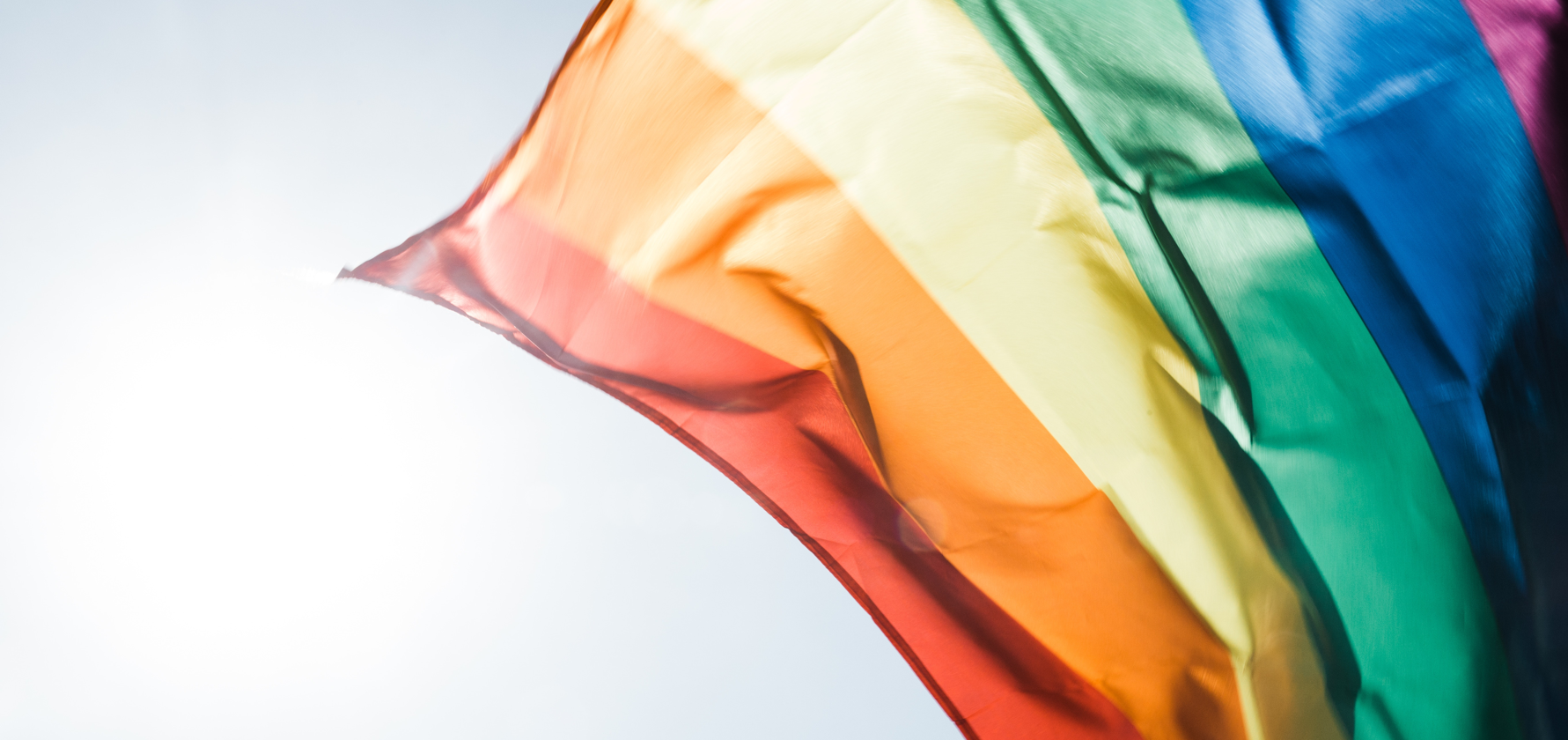
Barriers to reporting among LGBT Individuals
- LGBT relationships are hidden from society for safety reasons, thus victims may not have LGBT relationships as role models and be able to identify abuse.
- Friends and family may not even recognize/accept that their LGBT loved one is in a relationship, much less being abused.
- A survivor may be closeted and unable to reach out for help.
- Friends and family may be unsympathetic and see abuse as a deserved consequence of being LGBT.
- A survivor may blame his/her sexual or gender identity for the abuse.
Barriers to service provision for LGBT individuals
- There is a dearth of resources for the LGBT community.
- Survivors may fear contacting members of their family or friends.
- Women’s organizations have no training specifically in LGBT relationships and are not prepared to serve their needs.
- There is a greater likelihood of wrongful arrest if both partners are male.
- LGBT individuals have often been treated poorly by police or court systems for other reasons, so they generally have distrust in legal system and don’t feel safe reporting the abuse.
For further assistance you can also contact Public In Need of Knowledge, or PINK (060 377277) which works with LGBT community and offers counselling, can accompany survivors to police, court, and hospitals.

































